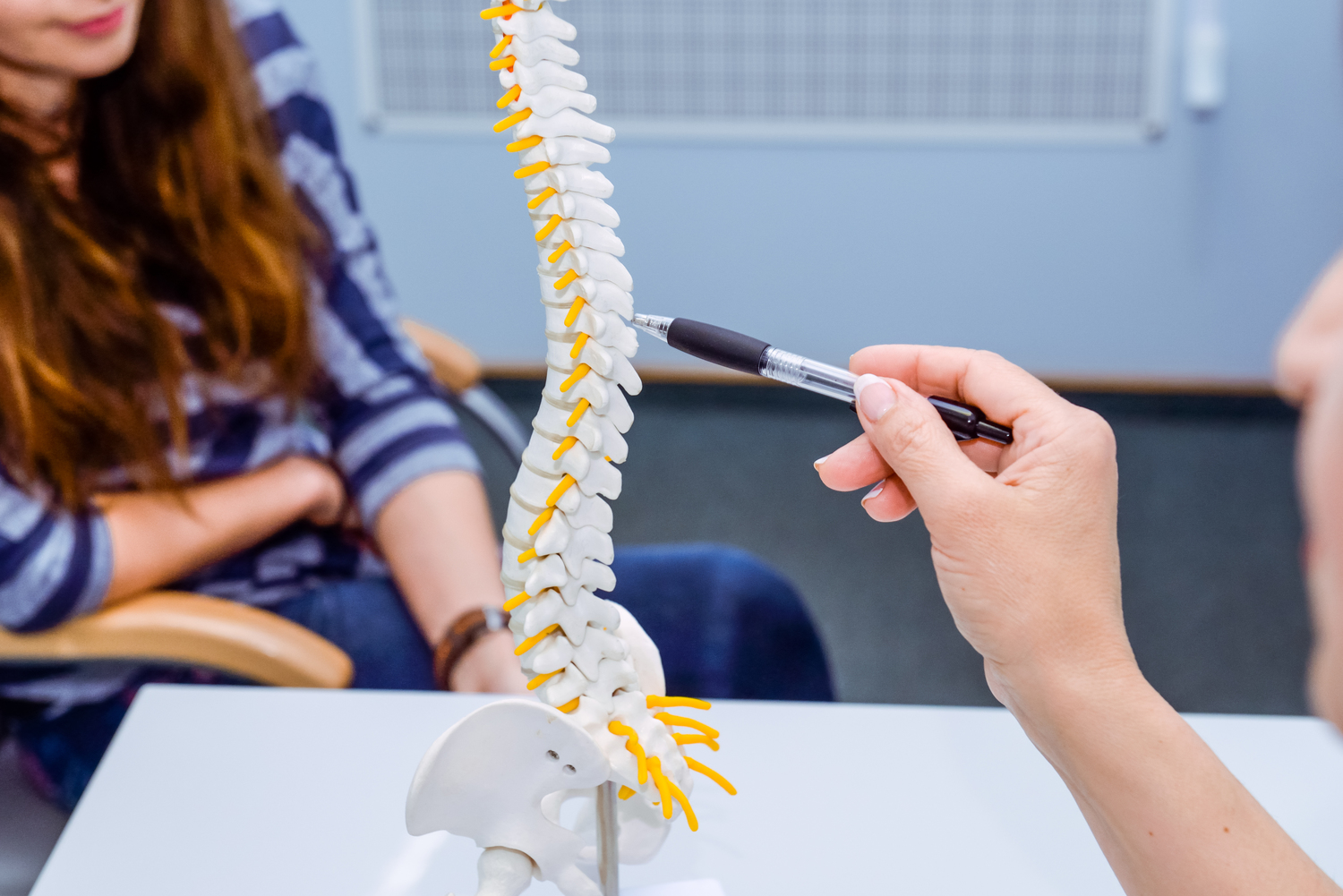Key Factors Contributing to Postpartum Depression
This article explores the primary risk factors associated with postpartum depression, emphasizing psychological, biological, social, and lifestyle influences. Recognizing these factors can help healthcare providers identify vulnerable women early and offer timely support, improving mental health outcomes postpartum.

Postpartum depression (PPD) is a severe mood disorder affecting some women after childbirth, typically within the first month. Symptoms include intense sadness, anxiety, fatigue, and emotional exhaustion, which can impair mother-infant bonding. Recognizing and managing PPD is crucial, yet it remains underdiagnosed and undertreated. Multiple factors influence the likelihood of developing postpartum depression, and these can vary from person to person. Understanding these risk factors helps healthcare providers identify women at higher risk and provide timely support.
Psychological history plays a significant role. Women with prior depression or anxiety are more vulnerable. Past moderate to severe premenstrual syndrome (PMS) can also increase risk. Additionally, experiences of abuse before or during pregnancy heighten susceptibility. Social aspects, such as lack of support or gender-based family conflicts, contribute as well. Self-esteem issues and parenting stress can trigger postpartum depression.
Childbirth-related factors include a higher prevalence in women with multiple births, although studies show mixed results. High-risk pregnancies involving complications like preeclampsia, gestational diabetes, preterm labor, or emergency procedures may increase depression risks. Post-delivery complications, such as bleeding or cord problems, can also be contributory.
Biological factors include younger maternal age and metabolic issues like diabetes or hormonal imbalances. Low serotonin and tryptophan levels due to poor nutrition further elevate risk. Additionally, nutritional deficiencies affecting brain chemistry can predispose women to postpartum depression.
Social support is vital. Mothers with strong emotional and practical support systems tend to experience fewer depression symptoms. Employment, especially in professional settings, appears protective by providing stability and purpose. Lifestyle habits also matter: healthy diets, adequate sleep, and regular exercise reduce risk factors associated with postpartum depression.
In conclusion, postpartum depression is influenced by a complex interplay of psychological, biological, social, and lifestyle factors. Early identification and comprehensive support can significantly improve outcomes for affected women.










